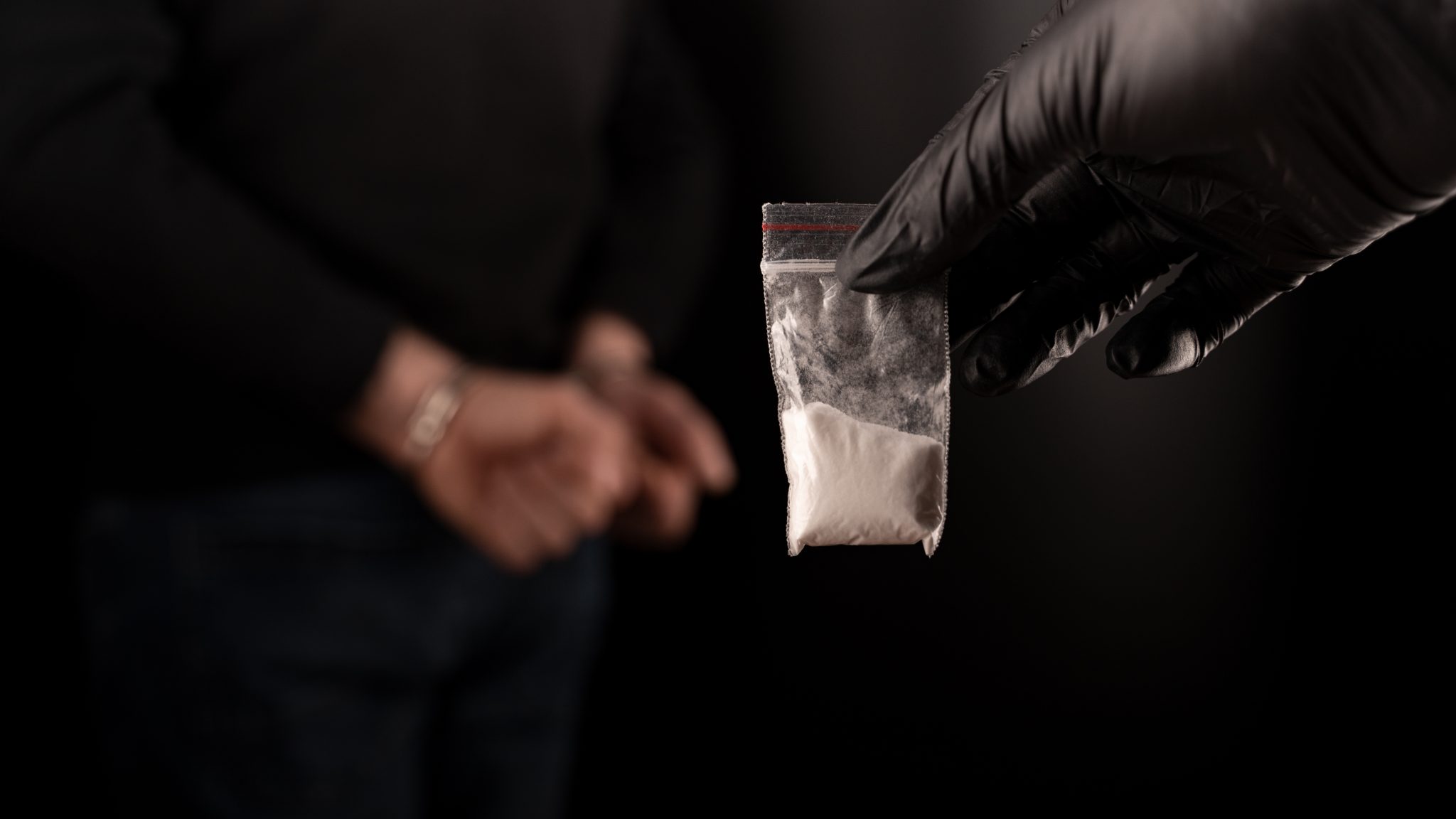Would You Buy Heroin at a Gas Station?

The FDA has identified a dangerous dietary supplement known as “gas station heroin” that remains widely available despite serious health risks and addiction potential.
At a Glance
- The FDA has issued warnings about “Neptune’s Fix,” a supplement containing tianeptine, nicknamed “gas-station heroin”
- Tianeptine is used in some countries to treat depression but remains unapproved in the U.S.
- This highly addictive substance can cause seizures, loss of consciousness, and even death
- Despite FDA warnings since 2018, tianeptine remains available in gas stations and convenience stores
- Regulatory loopholes allow dangerous supplements to reach consumers without pre-market safety testing
The Dangers of “Gas Station Heroin”
Federal health officials have raised alarms about an increasingly popular dietary supplement containing tianeptine, known colloquially as “gas station heroin.” This substance, found in products like “Neptune’s Fix,” can be purchased at convenience stores and gas stations across the country. While tianeptine is used legitimately in some European and Asian countries to treat depression and anxiety, it has never received FDA approval for use in the United States. Despite this lack of approval, it remains widely available to American consumers as a dietary supplement.
The health consequences of tianeptine can be severe and potentially life-threatening. Medical professionals report that patients using these products frequently experience dangerous side effects including dramatically increased heart rates, extreme agitation, and withdrawal symptoms remarkably similar to those experienced by opioid users. In the most serious cases, tianeptine use has been linked to seizures, loss of consciousness, and fatalities. The addictive nature of the substance makes it particularly dangerous for unsuspecting consumers seeking a quick energy boost.
Regulatory Failures and FDA Limitations
Perhaps most concerning is that the FDA has been aware of tianeptine since 2015 and began issuing public warnings about its dangers in 2018. Yet six years later, these products remain readily available to consumers. This troubling situation highlights significant gaps in America’s regulatory framework for dietary supplements. Unlike prescription medications, dietary supplements do not require pre-market safety testing or FDA approval before being sold to consumers, creating a dangerous loophole that manufacturers can exploit.
The current regulatory structure places the burden on the FDA to prove a supplement is unsafe after it has already reached the market. This reactive approach leaves consumers vulnerable to potentially harmful products for extended periods. Health experts note that by the time the FDA can gather sufficient evidence and navigate the legal process to remove dangerous supplements, significant harm may have already occurred. This situation has prompted some states to take matters into their own hands by implementing bans on tianeptine.
Beyond Tianeptine: A Broader Problem
The issues surrounding tianeptine point to a more extensive problem with unregulated dietary supplements in the American marketplace. Similar concerns exist about other substances like kratom and phenibut, which also remain available despite safety concerns. These products often make misleading claims about their benefits while downplaying or completely omitting information about potential risks, addiction potential, and side effects. The situation leaves consumers making health decisions without access to complete or accurate information.
Health advocates argue that more comprehensive reform is needed to protect public health. This could include Congressional action to strengthen existing regulations and provide the FDA with additional authority to prevent dangerous substances from reaching store shelves in the first place. Without such reforms, the pattern of harmful supplements reaching consumers before regulatory action can occur is likely to continue, putting more Americans at risk of addiction and adverse health effects from products they mistakenly believe to be safe.
Protecting Yourself from Supplement Dangers
Consumers should approach all dietary supplements with caution, particularly those promising significant energy boosts or mood enhancement. Products sold at convenience stores or gas stations may not undergo the same quality control as those from established manufacturers. Health professionals recommend consulting with a doctor before trying any new supplement, especially for individuals with existing health conditions or those taking other medications. Reading labels carefully and researching ingredients thoroughly can help identify potentially problematic products.
The continued availability of “gas station heroin” serves as a stark reminder that just because a product is legally available for purchase doesn’t guarantee its safety. Until regulatory frameworks catch up with the realities of the supplement market, consumers must remain vigilant about what they put in their bodies. The convenience of these readily available energy shots and supplements comes with potentially serious health risks that far outweigh any temporary benefits they might provide.
